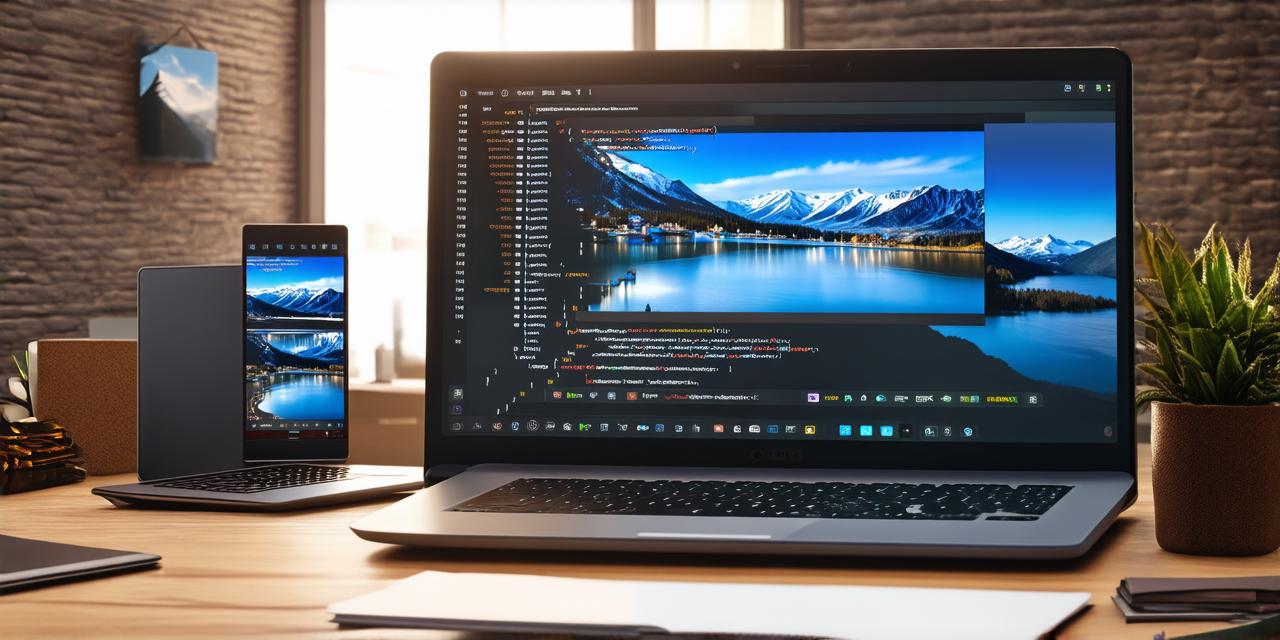1. Fragmentation
One of the biggest challenges facing Android developers is fragmentation. The Android platform is made up of a wide range of devices with varying screen sizes, resolutions, and hardware capabilities. This means that developers must test their apps on multiple devices to ensure that they work properly on all of them. Additionally, different versions of the Android operating system (such as Android 10 versus Android 7) can have significant differences in terms of functionality and user interface, further complicating development efforts.
2. Security Concerns

Security is a major concern for Android developers. The platform has had its fair share of security vulnerabilities and data breaches over the years, which has led to a loss of trust among users. To address this issue, Google has implemented various security measures, such as security patches and updates, but there is still much work to be done. Developers must stay up-to-date with these security updates and incorporate them into their apps to ensure that they are protected against potential threats.
3. Performance Issues
Performance issues can be a major headache for Android developers. The platform has been criticized for its slow performance compared to other mobile operating systems, such as iOS. This is due in part to the fragmentation issue mentioned earlier, which can lead to inconsistent performance across devices. Additionally, Android devices often have less powerful hardware than their iOS counterparts, which can further impact performance. To address this challenge, developers must optimize their code and use performance profiling tools to identify and fix any performance bottlenecks in their apps.

4. App Store Policies
The Google Play Store has strict policies that developers must adhere to when submitting their apps. These policies can be difficult for developers to navigate, as they often change and are not always transparent. Additionally, the review process can take weeks or even months, which can delay app releases and limit revenue opportunities. To overcome this challenge, developers must stay up-to-date with the latest store policies and guidelines, and ensure that their apps meet all of the requirements before submitting them to the store.
5. Competition
Android is a highly competitive platform, with millions of apps available for users to download. This can make it difficult for new developers to stand out from the crowd and attract users to their apps. To overcome this challenge, developers must focus on creating high-quality, engaging apps that offer unique features and value propositions. They should also consider using marketing strategies such as social media advertising and influencer partnerships to promote their apps and attract new users.

Case Studies: Real-Life Examples of Overcoming Android Development Challenges
1. Netflix
Netflix is a popular streaming service that has been available on Android for several years. The platform presented many challenges for Netflix developers, including fragmentation and security concerns. To address these challenges, Netflix implemented various strategies, such as using the Google Play Services library to ensure compatibility across devices and implementing security measures such as data encryption and secure communication protocols.
2. Duolingo
Duolingo is a popular language-learning app that has been available on Android for several years.
